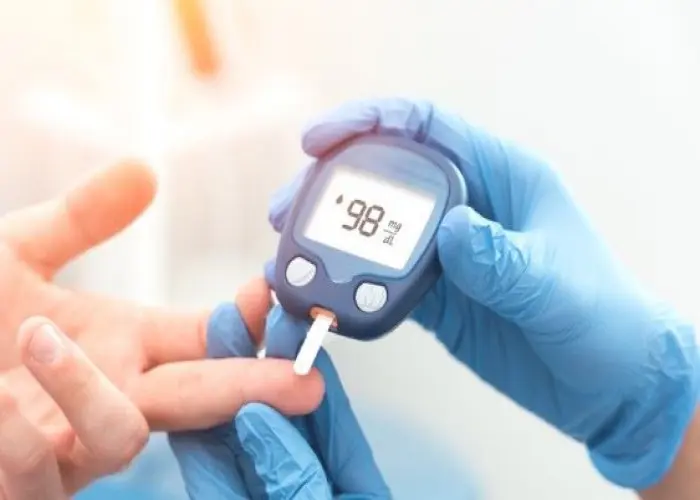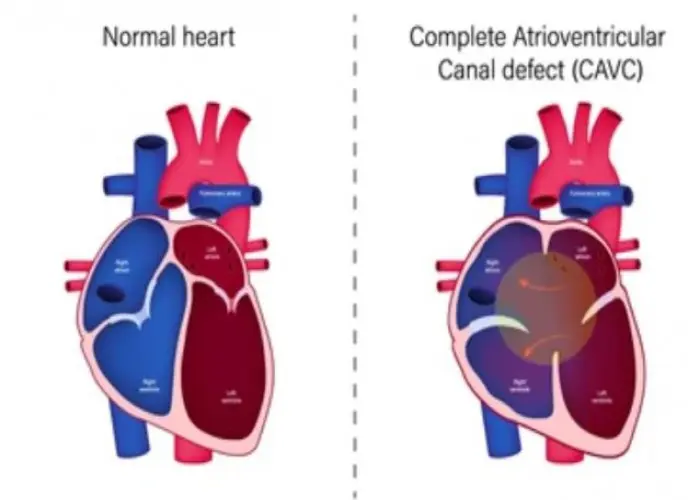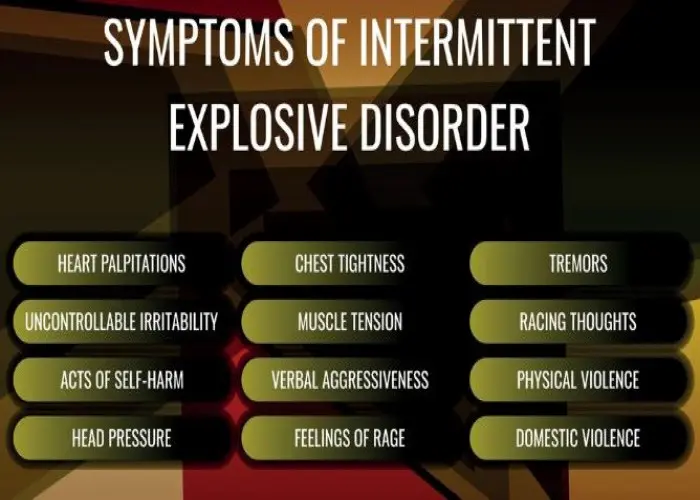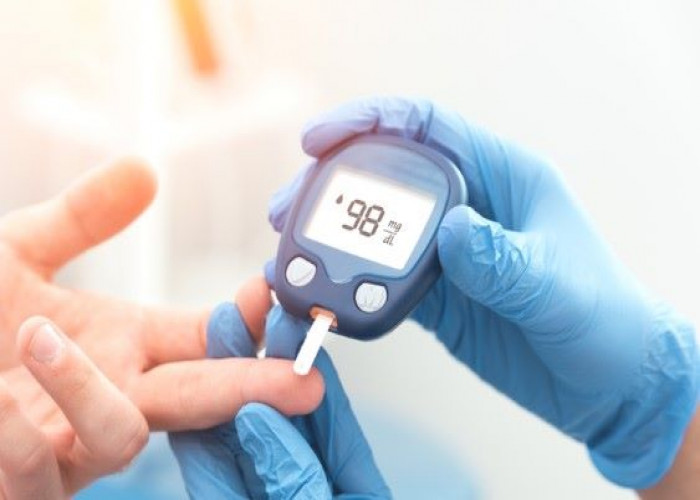 Welcome
Welcome
“May all be happy, may all be healed, may all be at peace and may no one ever suffer."
Hypoglycemia

Hypoglycemia is a medical condition in which the blood sugar level drops below normal. In general, a blood sugar level below 70 mg/dL is considered low.
Hypoglycemia can occur for a variety of reasons, including medications used to treat diabetes, excessive alcohol consumption, certain medical conditions, and not eating enough. In people with diabetes, hypoglycemia is often caused by taking too much insulin or other diabetes medications.
Symptoms of hypoglycemia can vary but may include sweating, shaking, rapid heartbeat, dizziness, confusion, irritability, and weakness. In severe cases, hypoglycemia can cause seizures, unconsciousness, and even coma.
Treatment for hypoglycemia depends on the underlying cause and severity of the condition. In cases of mild hypoglycemia, consuming a quick source of glucose such as fruit juice, candy, or glucose tablets can help raise the blood sugar level. In more severe cases, glucagon may be administered to raise the blood sugar level. If hypoglycemia is caused by a medication or underlying medical condition, adjusting the medication or treating the condition may be necessary.
If you or someone you know is experiencing symptoms of hypoglycemia, it is important to speak with a healthcare provider for an accurate diagnosis and appropriate treatment. Untreated or poorly managed hypoglycemia can lead to serious complications, including seizures, loss of consciousness, and even death.
Research Papers
Disease Signs and Symptoms
- Irregular heartbeats (arrhythmia)
- Loss of consciousness (fainting)
- Blurred vision of eye
- Irritability
- Extreme hunger
- Excessive sweat
- Anxiety
- Pale skin color (pallor)
- Fatigue (Tiredness)
- Confusion, abnormal behavior or both, such as the inability to complete routine tasks
Disease Causes
Hypoglycemia
Hypoglycemia occurs when your blood sugar (glucose) level falls too low. There are several reasons why this can happen; the most common is a side effect of drugs used to treat diabetes.
Blood sugar regulation
When you eat, your body breaks down carbohydrates from foods — such as bread, rice, pasta, vegetables, fruit and milk products — into various sugar molecules, including glucose.
Glucose, the main energy source for your body, enters the cells of most of your tissues with the help of insulin — a hormone secreted by your pancreas. Insulin enables the glucose to enter the cells and provide the fuel your cells need. Extra glucose is stored in your liver and muscles in the form of glycogen.
If you haven't eaten for several hours and your blood sugar level drops, another hormone from your pancreas signals your liver to break down the stored glycogen and release glucose into your bloodstream. This keeps your blood sugar within a normal range until you eat again.
Your body also has the ability to make glucose. This process occurs mainly in your liver, but also in your kidneys.
Possible causes, with diabetes
If you have diabetes, you might not make enough insulin (type 1 diabetes) or you might be less responsive to it (type 2 diabetes). As a result, glucose tends to build up in the bloodstream and can reach dangerously high levels. To correct this problem, you might take insulin or other drugs to lower blood sugar levels.
But too much insulin or other diabetes medications may cause your blood sugar level to drop too low, causing hypoglycemia. Hypoglycemia can also occur if you eat less than usual after taking diabetes medication, or if you exercise more than you normally do.
Possible causes, without diabetes
Hypoglycemia in people without diabetes is much less common. Causes can include the following:
- Medications. Taking someone else's oral diabetes medication accidentally is a possible cause of hypoglycemia. Other medications can cause hypoglycemia, especially in children or in people with kidney failure. One example is quinine (Qualaquin), used to treat malaria.
- Excessive alcohol drinking. Drinking heavily without eating can block your liver from releasing stored glucose into your bloodstream, causing hypoglycemia.
- Some critical illnesses. Severe liver illnesses such as severe hepatitis or cirrhosis can cause hypoglycemia. Kidney disorders, which can keep your body from properly excreting medications, can affect glucose levels due to a buildup of those medications.
- Long-term starvation, as can occur in the eating disorder anorexia nervosa, can result in too little of substances your body needs to create glucose.
- Insulin overproduction. A rare tumor of the pancreas (insulinoma) can cause you to produce too much insulin, resulting in hypoglycemia. Other tumors also can result in too much production of insulin-like substances. Enlargement of cells of the pancreas that produce insulin can result in excessive insulin release, causing hypoglycemia.
- Hormone deficiencies. Certain adrenal gland and pituitary tumor disorders can result in a deficiency of key hormones that regulate glucose production. Children can have hypoglycemia if they have too little growth hormone.
Hypoglycemia after meals
Hypoglycemia usually occurs when you haven't eaten, but not always. Sometimes hypoglycemia symptoms occur after certain meals high in sugar because your body produces more insulin than you need.
This type of hypoglycemia, called reactive hypoglycemia or postprandial hypoglycemia, can occur in people who have had stomach bypass surgery. It can also occur in people who haven't had this surgery.
Disease Prevents
Hypoglycemia
If you have diabetes
Follow the diabetes management plan you and your doctor have developed. If you're taking new medications, changing your eating or medication schedules, or adding new exercise, talk to your doctor about how these changes might affect your diabetes management and your risk of low blood sugar.
A continuous glucose monitor (CGM) is an option for some people, particularly those with hypoglycemia unawareness. A CGM has a tiny wire that's inserted under the skin that can send blood glucose readings to a receiver.
If blood sugar levels are dropping too low, some models of CGM will alert you with an alarm. Some insulin pumps are now integrated with CGMs and can shut off insulin delivery when blood sugar levels are dropping too quickly to help prevent hypoglycemia.
Be sure to always have a fast-acting carbohydrate with you, such as juice or glucose tablets so that you can treat a falling blood sugar level before it dips dangerously low.
If you don't have diabetes
For recurring episodes of hypoglycemia, eating frequent small meals throughout the day is a stopgap measure to help prevent your blood sugar levels from getting too low. However, this approach isn't advised as a long-term strategy. Work with your doctor to identify and treat the cause of hypoglycemia.
Disease Treatments
Immediate treatment
If you have symptoms of hypoglycemia, do the following:
- Eat or drink 15 to 20 grams of fast-acting carbohydrates. These are sugary foods without protein or fat that are easily converted to sugar in the body. Try glucose tablets or gel, fruit juice, regular — not diet — soft drinks, honey, and sugary candy.
- Recheck blood sugar levels 15 minutes after treatment. If blood sugar levels are still under 70 mg/dL (3.9 mmol/L), eat or drink another 15 to 20 grams of fast-acting carbohydrate, and recheck the blood sugar level again in 15 minutes. Repeat these steps until the blood sugar is above 70 mg/dL (3.9 mmol/L).
- Have a snack or meal. Once your blood sugar is normal, eating a snack or meal can help stabilize it and replenish your body's glycogen stores.
Immediate treatment of severe hypoglycemia
Hypoglycemia is considered severe if you need help from someone to recover. For example, if you can't eat, you might need glucagon injection or intravenous glucose.
In general, people with diabetes who are treated with insulin should have a glucagon kit for emergencies. Family and friends need to know where to find the kit and how to use it in case of emergency.
If you're helping someone who is unconscious, don't try to give the person food or drink. If there's no glucagon kit available or you don't know how to use it, call for emergency medical help.
Treatment of an underlying condition
Preventing recurrent hypoglycemia requires your doctor to identify the underlying condition and treat it. Depending on the underlying cause, treatment may involve:
- Medications. If a medication is the cause of your hypoglycemia, your doctor will likely suggest changing or stopping the medication or adjusting the dosage.
- Tumor treatment. A tumor in your pancreas is treated by surgical removal of the tumor. In some cases, partial removal of the pancreas is necessary.
Disease Diagnoses
Disease Allopathic Generics
Disease Ayurvedic Generics
Disease Homeopathic Generics
Disease yoga
Hypoglycemia and Learn More about Diseases

Spina bifida

Atrioventricular canal defect

Mastitis

Trichotillomania (hair-pulling disorder)

Pelvic organ prolapse

Premature birth

Dog Bite

Intermittent explosive disorder
hypoglycemia, হাইপোগ্লাইসেমিয়া
To be happy, beautiful, healthy, wealthy, hale and long-lived stay with DM3S.
